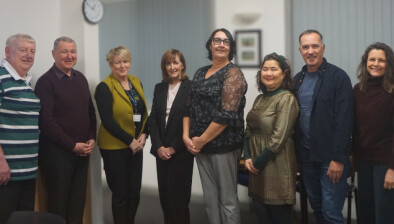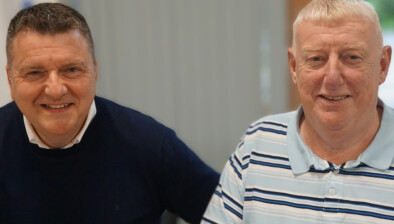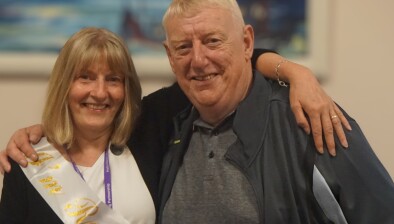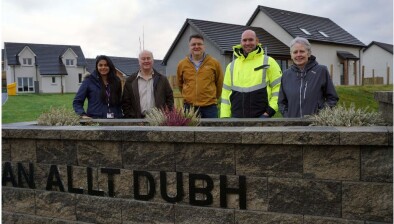Second-home owners restricted from buying Outer Hebrides home
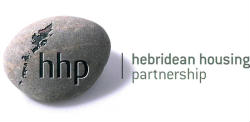 Hebridean Housing Partnership (HHP) has put a house for sale in the Outer Hebrides with the stipulation that it can only be sold to islanders or first-time buyers.
Hebridean Housing Partnership (HHP) has put a house for sale in the Outer Hebrides with the stipulation that it can only be sold to islanders or first-time buyers.
The three-bed house, in Daliburgh, South Uist, is being sold for offers over £100,000.
The decision to restrict who can attempt to buy the ex-social housing home which was built in the 1960s has been “universally” welcomed, as Uist faces a shortage of workers and an ageing population amid a boom in second-home ownership during the pandemic.
Prices in the Hebridean islands have rocketed in the course of the pandemic, with some properties advertised as being in “walk-in condition as holiday homes”. Recently, a former croft on Harris went on sale for £1.5 million.
In a further sign of intensifying pressure, an estimated 40% of last year’s housing stock on both Tiree and West Harris were holiday homes. Prices in the chain of islands have more than doubled – from £65,189 in 2004 to £123,048 in 2019.
The move to restrict second-home owners from bidding for the property follows the recent sale of a crofting cottage on Eigg, Inner Hebrides.
Director of operations at HHP, John MacIver, said: “I’ve read about Cornwall where houses are in complete darkness in winter because they’re second homes. It’s a real challenge across the country and something which has become much more of an issue in the past few years.
“The second homes thing really began to push up property prices in the past five years, it’s been noticeable. Before they had been pretty stable. The £1.5m croft has caused a bit of a stooshie locally.
“People with significant money to burn who have made their money are looking for something to do.
“There are locals who have second homes and rent them out, it’s not only external.”
Mr MacIver said people who chose to settle on Uist could expect to be welcomed and that it was not intended to bar people from the mainland making it their home.
He added: “It’s not specifically targeted at the indigenous population, it might be something that we do again in future. It will be interesting to see how it plays out.
“We have got an ageing population and a decrease in working population, and significant difficulties in recruitment not only in the care sector but across many sectors in the islands now, we are not totally clear on the cause but Brexit may have contributed.
“The reaction at the moment has been universally positive.”
Chief executive of HHP Dena Macleod said: “We discussed the property with the council and agreed the sale presented an opportunity to offer it to first time buyers and contribute to the work being done locally to stem population decline.
“If this action can help one local young person in getting a foot on the ladder and to get a house of their own, it is a positive step.”




